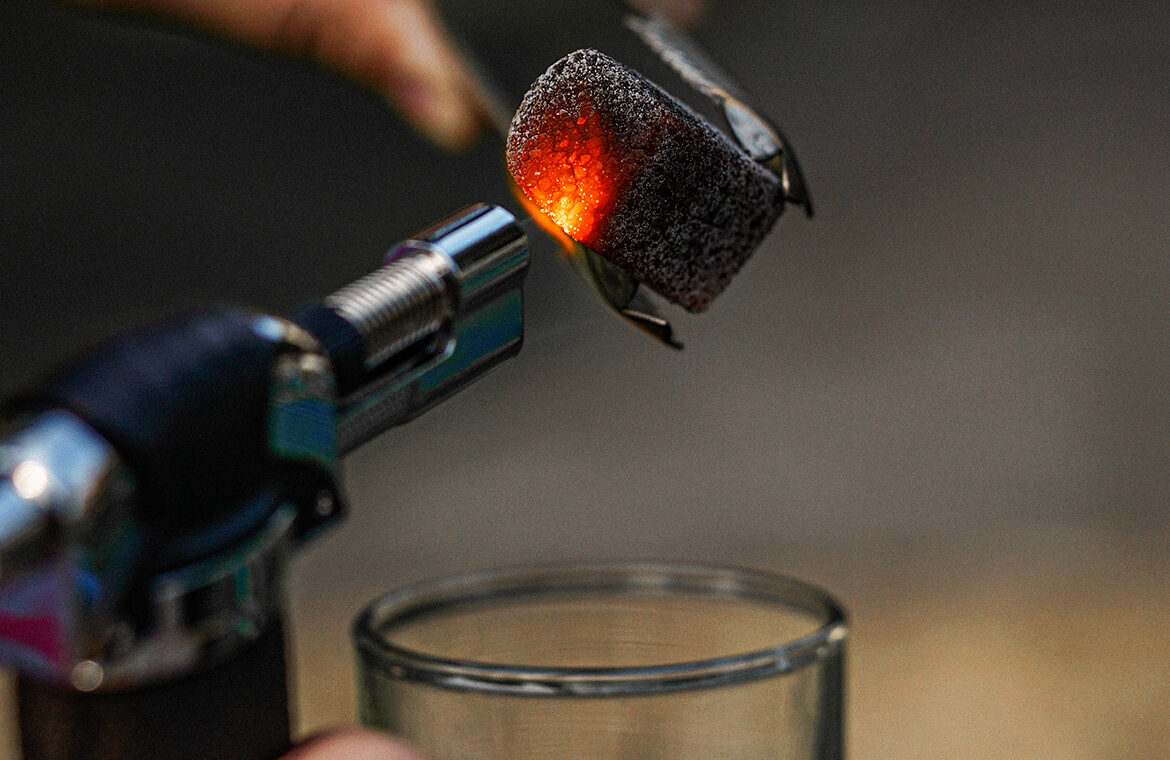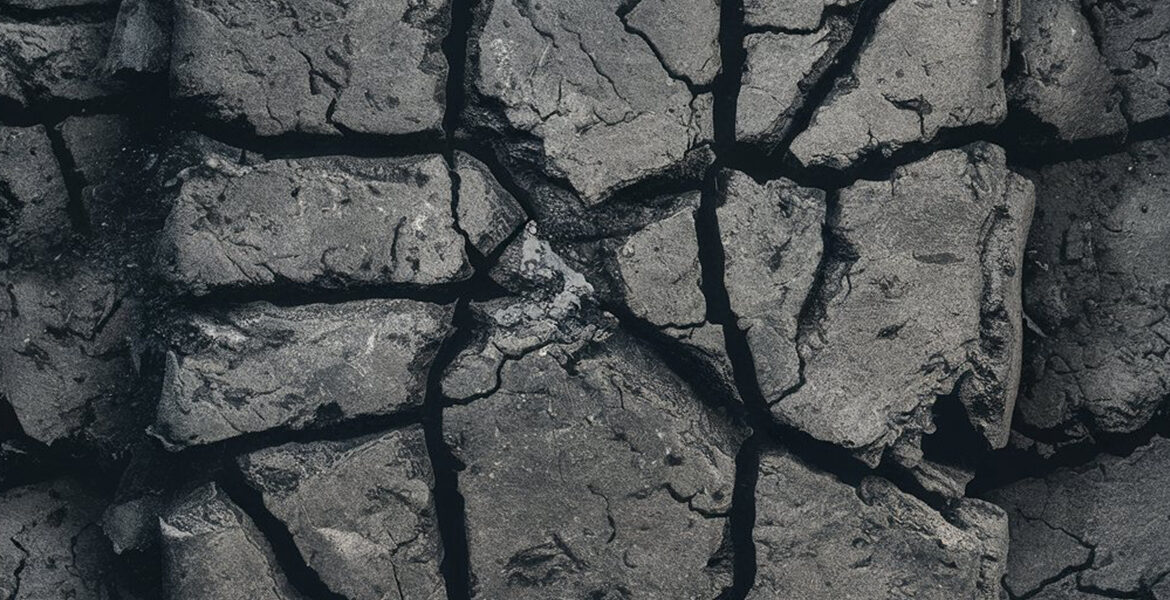In the realm of grilling, coconut charcoal is rapidly gaining popularity over traditional hardwood charcoal. But what makes coconut charcoal the preferred choice for BBQ enthusiasts? In this blog, we’ll explore the reasons why coconut charcoal is trending and outshining hardwood charcoal in the grilling world.
1. High Energy Content
Coconut charcoal boasts an impressive energy content, providing a hotter and longer burn compared to hardwood charcoal. In fact, coconut charcoal briquettes can burn up to two and a half times longer than lump charcoal. This means you’d end up using roughly 2500 kgs of lump charcoal to burn for the same amount of time that you’d use only 1000 kgs of coconut charcoal. The slow and steady burn of coconut charcoal is one of its most cost-effective benefits for grilling.
2. Clean-Burning and Low Smoke
Unlike hardwood charcoal, coconut charcoal burns cleanly with minimal smoke and ash production. This not only enhances the flavor of your food but also reduces the risk of flare-ups and environmental pollution, providing a cleaner and more enjoyable grilling experience.
3. Sustainable Sourcing and Environmental Impact
Coconut charcoal is derived from coconut shells, a renewable byproduct of the coconut industry. In contrast, hardwood charcoal often involves the cutting down of trees, contributing to deforestation. The deforestation associated with making hardwood charcoal not only harms the environment but can also lead to export restrictions or hold ups by authorities. This makes the export of hardwood charcoal tricky and uncertain.
4. Economic Efficiency
Despite its higher initial cost, coconut charcoal proves to be more cost-effective in the long run. Its high energy content means you’ll need less charcoal to achieve the same level of heat as hardwood charcoal, saving you money over time. Additionally, its slow and steady burn reduces the need for frequent refills during grilling sessions.
Middle East’s Reliance on Imports
Countries in the Middle East face challenges in charcoal production due to the scarcity of suitable wood. As a result, many countries in the region import charcoal, with Indonesia being a major supplier. With its abundance of coconut trees, Indonesia provides a steady supply of coconut charcoal, meeting the grilling needs of the Middle East and beyond.
For premium coconut charcoal, sourcing directly from trusted suppliers from Indonesia like Bomba Coal is essential. With access to coconut shell sources and strict quality control measures, Bomba Coal ensures consistent, high-quality charcoal that delivers optimal performance for grilling enthusiasts.
Conclusion
Coconut charcoal’s superior burning properties, sustainability, and economic efficiency make it the preferred choice for grilling over hardwood charcoal. With its clean-burning nature, long burn time, and minimal environmental impact, coconut charcoal offers BBQ enthusiasts a more enjoyable and cost-effective grilling experience. By sourcing directly from reputable suppliers like Bomba Coal, you can ensure top-quality charcoal for your grilling needs while also supporting sustainable practices and environmental conservation.
When choosing coconut charcoal for your grilling needs, don’t forget that there are several specifications available. For example, some regions like Australia prefer lower ash content, which is considered a premium for grilling. In contrast, in countries like India where price matters, consumers may prefer coconut charcoal with higher ash content for its cost-effectiveness. Additionally, you may need to consider the size and shape of the charcoal pieces, as well as whether you prefer briquettes or lump charcoal. It’s essential to understand your specific grilling requirements and choose the coconut charcoal that best suits your needs to ensure optimal grilling results.



